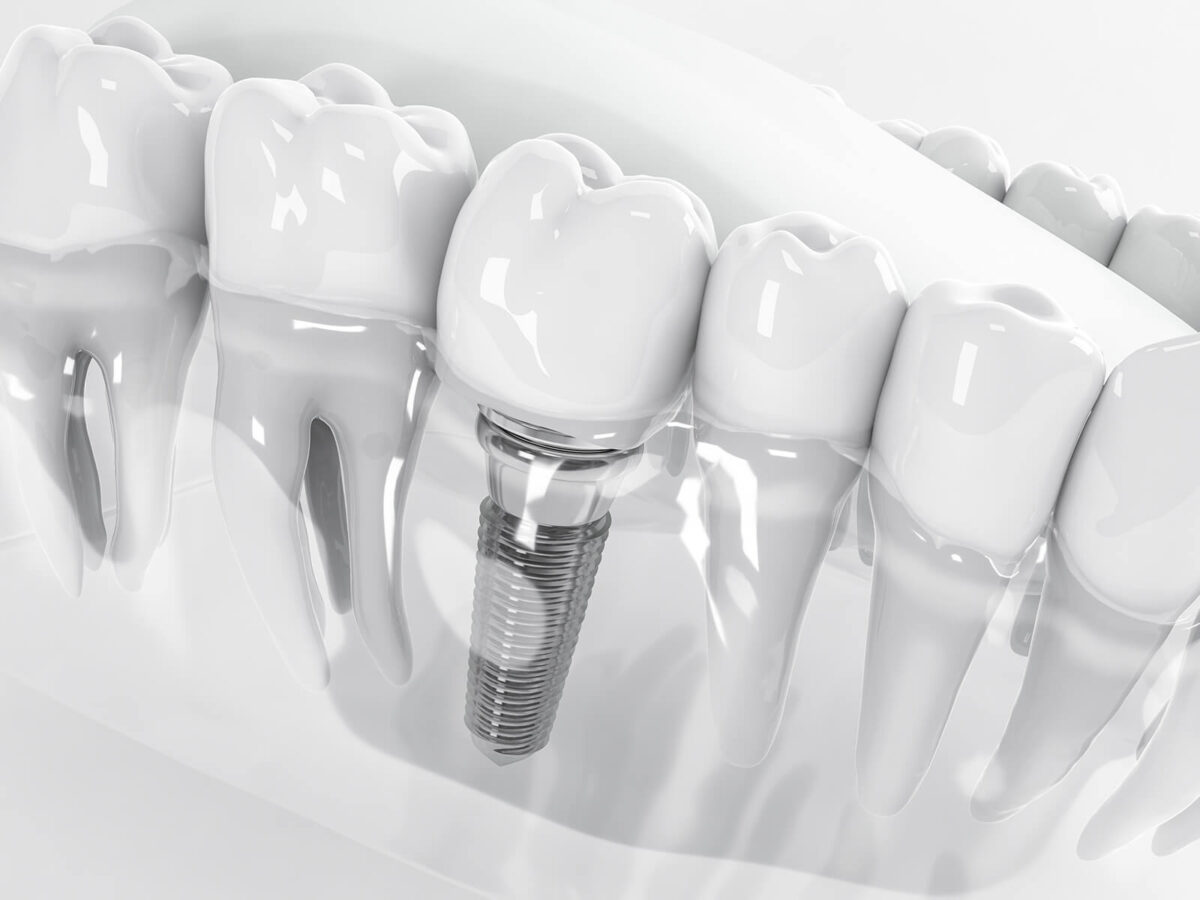An infected tooth can be kept in place instead of pulling it out, and severe pain can be eased with a root canal procedure. Even though the process is meant to ease pain, it is normal to feel some soreness in the days following treatment.
If you know how to deal with pain, you will get better results and recover faster. This piece discusses how to deal with pain after getting a root canal. Start right away to make the next time you get a root canal less painful.
#1 Follow Post-Procedure Instructions
Your dentist will give you specific aftercare directions post a root canal procedure. If you follow these suggestions, you can get better faster and with less pain. Follow guidelines like how often to take your medication, what to avoid eating and doing, and the best way to brush your teeth.
#2 Take Pain Medication as Directed
For any discomfort after the root canal procedure, your dentist may prescribe pain medication. Take your medicine exactly as your doctor tells you to, regarding how often and how much.
You can also get painkillers like ibuprofen or aspirin over the counter that work well and can help reduce swelling and pain. However, it is very important to talk to your dentist or doctor before taking any drug if you already have any diseases or allergies.
#3 Use Ice Packs for Compression
Ice packs are one of the best ways to get emergency dental care. You can ease the pain and stiffness by putting a cold pack on the outside of your face. It will numb the spot and help the swelling go down. Apply a clean towel or an ice pack wrapped in a cloth to the area several times a day for fifteen to twenty minutes.
#4 Rinse Mouth With Salt Water
Washing your mouth gently with warm salt water can help ease pain and speed up healing after a root canal. You should swish a glass of warm water with a teaspoon of salt around your mouth for 30 seconds and then spit it out. Do this several times a day, ideally right after you eat.
#5 Avoid Chewing on the Treated Tooth
Once the tooth that was fixed has fully healed, you shouldn’t chew on it anymore to keep from feeling more pain and suffering. Simplify your diet by avoiding anything difficult to chew or swallow, such as thick soups. Take care not to grind down the newly restored tooth too severely when you switch to chewing with your opposite jaw.
#6 Keep Up with Regular Dental Care
Wash your teeth and lips thoroughly for optimal health and speedy healing after a root canal. Brush your teeth twice daily with fluoride toothpaste and a soft-bristled toothbrush. Brush and floss gently around the treatment area to keep it from growing. Instead, wash the tooth well after treatment.
#7 Drink Plenty of Water & Get Enough Sleep
Water will help you stay hydrated and get better faster. Avoid things that could hurt your skin inside the mouth, like drinks that are too hot or cold. It is best to take it easy if you are in pain or stiffness after going through a root canal procedure. Stay away from things that could make your blood pressure go up.
Conclusion
It would help if you stayed calm and careful while dealing with the pain that comes after a root canal procedure. Follow the steps in the article after surgery to get good pain relief and get better quickly. If you have severe or ongoing pain, swelling, or other signs worrying you, you should see a dentist immediately for more tests and treatment.





